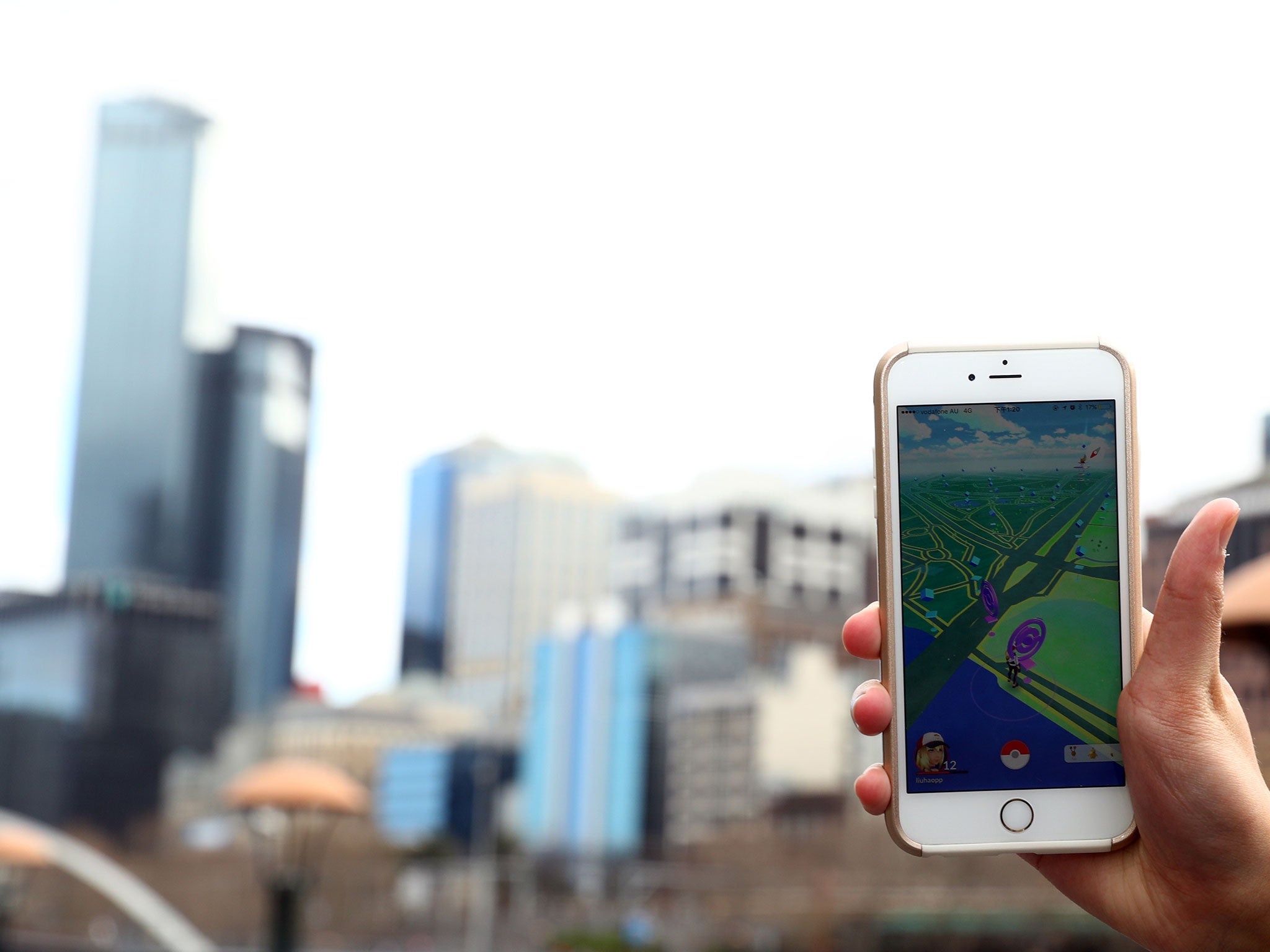Pokémon Go used in classrooms to help autistic children
Australian autism expert Craig Smith has devised a way of incorporating the hit game into his lessons to encourage austic students' social skills

Pupils at a school in Australia are being actively encouraged to use Pokémon Go in the classroom, after research showed the game could help rather than hinder their studies.
Craig Smith, an academic specialising in Autism research, found that by allowing his pupils to use the augmented reality game in and out of the classroom, their social skills had improved and the children appeared more engaged with their learning.
Mr Smith, who is also the Deputy Principle at the Aspect Hunter School for Children with Autism in Newcastle, New South Wales, said the game was unique in that it encouraged children with and without learning difficulties to play outside and engage with other students.
Speaking to The Independent, he said of the school: “We wholly embrace whatever it is that kids are interested in and use that as a window into their world and bridge into further educational opportunities for them”.
“For many of the children I teach it’s hard to engage in social activities – even going down to the shops can be socially overwhelming. But what we’re seeing with the Pokémon craze is the same students are making conversation and engaging in social activities through the game.”
First made popular in the 1990s as a video game, the new Pokémon app allows players to see and “catch” Pokémon characters in the real world through their phone screen.
The game is the latest craze to hit school children as well as those nostalgic for the '90s, but rather than fear the app as a distraction, Mr Smith says he, along with a growing number of teachers believe schools must embrace the trend and find a way to turn it into a tool for learning.
According to the educator and PHD scholar, children with autism can be especially reactive to the visual stimuli in apps and computer games, which can in turn help to develop their social skills.
The best of Pokémon Go on social media
Show all 10“The architecture of the brain of someone with autism is very visually-geared,” he said. “Typically around 90 per cent of what a child with autism learns in the classroom is through what they see.”
“When you've got a classroom where there's lots of talking involved, the child with autism won't pick up on as much of that as maybe other students would. But if it's visual, that's where the real learning takes place.”
Having seen the benefits of visual and screen-based learning on his students, Mr Smith put together a guide for parents to coincide with the Australian school break, during which Pokémon Go was launched.
“It can be hard to motivate kids to leave the house at the best of times,” he said, “and children with autism find it especially difficult to initiate social interaction, but with a game like this they have a shared language and can make small talk so much more easily”.
In fact, Mr Smith said he received feedback from parents that their children were motivated – often for the very first time — to go outside, spurred on by the possibility of catching Pokémon.
“It gives the kids the confidence to step outside of their social boundaries,” he said. “I can’t think of another game that has forged this link the way Pokémon has.”
While the visual aspects of the game can benefit autistic children especially well, the educator and PHS scholar suggested the positive results seen should be a marker of encouragement for mainstream schools to consider incorporating games into everyday learning.
“I think it’s worth our while as educators not to make our students leave the game at the front door. If we don’t respect that area of interest we won’t engage them fully.”
Suggested activities in Mr Smith’s guide, which include “walking journals”, encouraging students to follow a story or map with the game, can help to develop their imaginative presentation skills, and even improve maths skills, according to his research.
“I might set them homework over the weekend, saying ‘I want you to explore your town,'” he said. “If they’re already using Pokémon Go, they can submit their screenshots.”
“I build learning experiences for autistic kids,” says Smith, “but if it works for them it is invariably something that other kids can use as well.”
Subscribe to Independent Premium to bookmark this article
Want to bookmark your favourite articles and stories to read or reference later? Start your Independent Premium subscription today.

Join our commenting forum
Join thought-provoking conversations, follow other Independent readers and see their replies